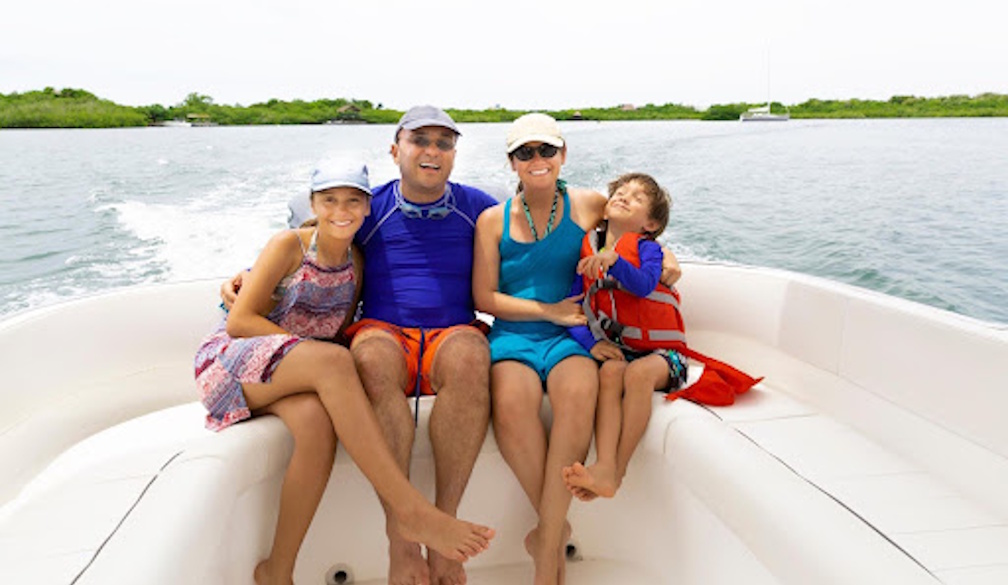Elder abuse report ignores impact on people's health
- Written by Joseph Ibrahim, Professor, Health Law and Ageing Research Unit, Department of Forensic Medicine, Monash University
 Elder abuse covers physical, sexual, psychological, emotional and financial abuse.from www.shutterstock.com
Elder abuse covers physical, sexual, psychological, emotional and financial abuse.from www.shutterstock.comThe good news is that Australia is doing something positive to improve the lives of our parents and grandparents. The bad news is we can no longer pretend there are golden years awaiting us all in old age.
The release today of the long awaited Australian Law Reform Commission (ALRC) report into elder abuse is a substantial step forward in addressing physical, sexual, psychological, emotional and financial abuse of the elderly.
As expected, the report only addresses the legal aspects of elder abuse. What is missing is the impacts of elder abuse on health and well-being, particularly as older people who are victims of abuse and neglect are more likely to die earlier.
Despite this gap, we need to be brave enough to read the 428 page report, and act on the 43 recommendations.
Australia’s recent examples of confronting other sources of abuse and neglect – including the harm to the Stolen Generation, child sexual abuse, family violence and abuse of people with a mental illness – should prepare us to take this next step.
Aged care a major target
A total of 14 out of the ALRC’s 43 recommendations are about improving aged care, in both residential settings and the home.
Recommendations include improving the reporting and monitoring of serious incidents, such as sexual or physical abuse, with the process to be overseen by an independent body. While a reporting system will not prevent abuse, it is an essential and welcome first step.
Another recommendation addresses the perennial matter about quality of care and staffing in residential aged care services, including looking at optimal staffing models and levels.
How little we know
We know older people are at greater risk of abuse and neglect than the general population because of their physical frailty, cognitive impairment, multiple illnesses, social isolation, and need for assistance with personal or domestic tasks.
Yet, there is currently little information about the overall number and severity of incidents of elder abuse and neglect in Australia. Our recent analysis of coroners’ investigations into extreme incidents leading to death goes part way to addressing that issue.
So we welcome the report’s recommendation of a national study to tell us how common elder abuse in Australia is. Perhaps what is most confronting is that we do not already collect this information, even though we know it is occurring.
For instance, there’s evidence of nursing home residents who assault other residents, sexual assault and the use of physical restraint in aged care. But we have no overall picture of what’s happening.
 Inappropriate care, including unnecessarily restricting where and when older people walk, also needs to be addressed.from www.shutterstock.com
Inappropriate care, including unnecessarily restricting where and when older people walk, also needs to be addressed.from www.shutterstock.comAlso not included in the report is whether providing inappropriate health care is a form of abuse. Examples include using resuscitation against someone’s wishes, or in residential aged care where a frail older person is restricted from walking alone even though they want independence and accept an increased risk of falling.
Sexual assault remains hidden
Of all the hidden aspects of abuse and neglect, sexual assault is the least acknowledged, detected, and reported type, especially in people living in residential aged care. While this is mentioned in the report, it deserves far more attention. This is especially important considering the role of health sector and health professionals who should be working to improve identifying, reporting, managing and responding to sexual assaults.
Our recent review identified care staff and health professionals are poorly equipped to appropriately identify and respond to sexual assault. This situation was not helped by the lack of supporting policies in aged care facilities to investigate and support victims.
These situations persist because of community inaction. We are reluctant to accept the possibility of these incidents because they are too horrific to contemplate. We reassure and rationalise our inaction by saying the perpetrators are a very small minority of criminally minded individuals, which is not the reality. In fact the perpetrators are more often a person who is in a position of trust such as a family member or carer.
Screen, identify and intervene
The ALRC report comes 15 years after the World Health Organisation made its declaration for the global prevention of elder abuse.
The fact that such a report is needed is, in part, a reflection of Australia’s complex, fragmented arrangement of health, aged care and legal systems. This leads to a divergent, discordant or contradictory approach towards older people that unnecessarily impinges on their rights, choices and freedoms.
So, the greatest challenge in preventing elder abuse is equipping the law, health and aged care sectors to be better at screening, identifying and intervening to protect their rights. Incredible sensitivity is also required as the vast majority of children, partners and care staff are fabulous advocates and supporters of older people.
More research is also needed to inform decisions about social policy, aged care practice and resource allocation. This requires a dedicated, co-ordinated, multidisciplinary approach and the necessary technical expertise in aged care, law, health care, public health, injury prevention and public policy.
Joseph Ibrahim receives funding from the Federal Department of Social Services, the Victorian Department of Health and Human Services (Ageing and Aged Care Branch), and the Department of Forensic Medicine, Monash University.
Lyndal Bugeja receives funding from the federal Department of Social Services, the Department of Forensic Medicine, Monash University and Monash Nursing and Midwifery.
Authors: Joseph Ibrahim, Professor, Health Law and Ageing Research Unit, Department of Forensic Medicine, Monash University
Read more http://theconversation.com/elder-abuse-report-ignores-impact-on-peoples-health-75926





